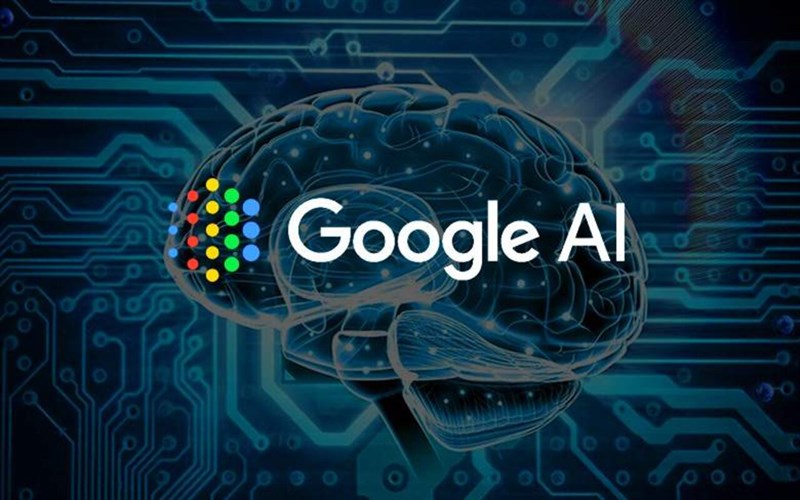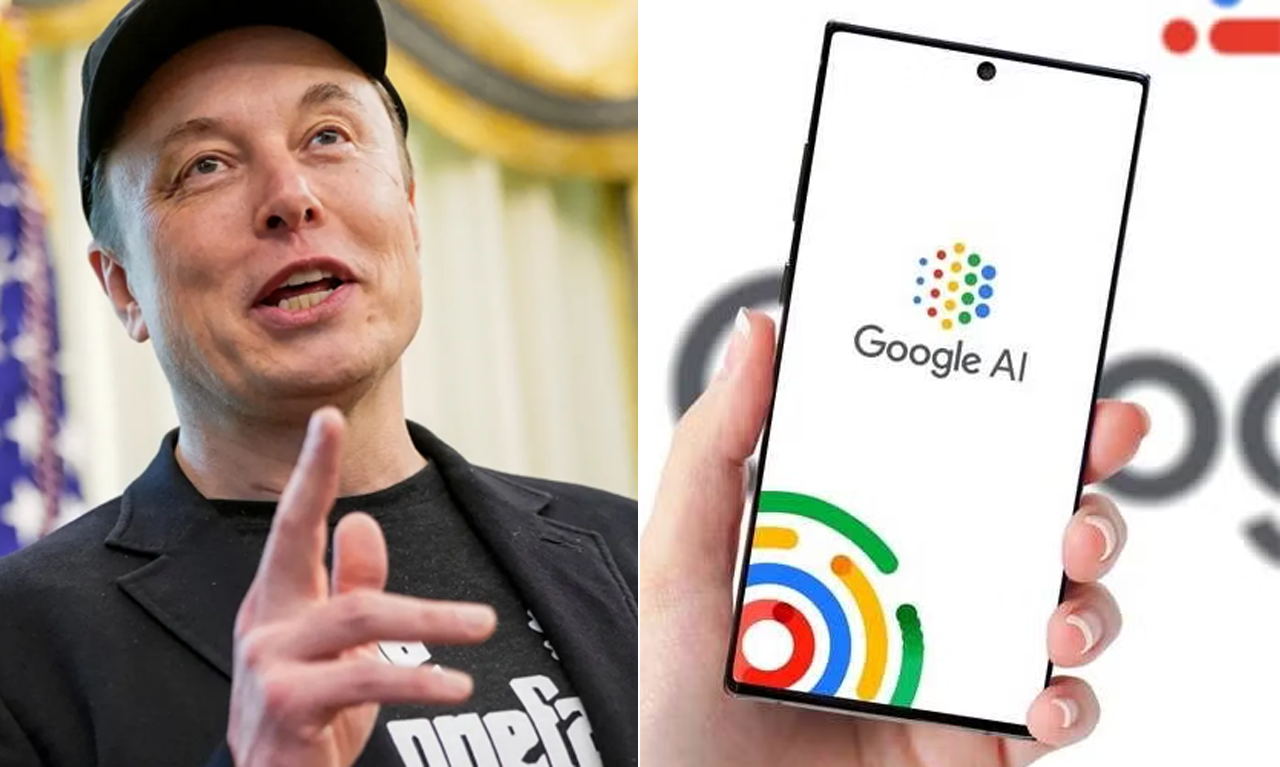1. The “AI Mode” Backdrop
As Google unveils its new “AI Mode” — a search feature that integrates an AI model to provide automatic answers instead of just links — Elon Musk has openly slammed the move. He claims it’s a tactic to “steal traffic and ad revenue from news publishers,” echoing growing concerns from media outlets that AI summaries, like Google’s Overviews, have already eaten into traffic from traditional search.
TechCrunch reporter Rebecca Bellan noted that “AI Overviews and other AI tools, including chatbots, are destroying traffic for publishers.” The key point is that “AI Mode” goes further by responding conversationally, giving users an answer immediately instead of just sending them to the original articles.
2. What Did Elon Musk Say?
On X (formerly Twitter), Musk emphasized that “AI Mode is just about blocking users from clicking on original articles — especially news sites.” From a business perspective, he argues Google isn’t just improving the user experience, but also deliberately keeping readers inside its ecosystem — draining external publishers’ traffic in the process.
In his post, Musk stressed that as an advertising and data aggregation giant, Google has every incentive to push down the click-through rate (CTR) for outside sites. The whole point of “AI Mode” is to answer directly — meaning fewer clicks, less ad revenue for publishers.
3. How Publishers Are Responding
Data from Similarweb, cited by The Wall Street Journal, shows that Google’s share of referral traffic to news sites like The New York Times has dropped from 44% three years ago to 36.5% in April 2025. TechCrunch has warned that AI summaries like Overviews and chatbots are “wrecking publisher traffic.”
Journalists point out that this is forcing outlets to rethink their entire playbook: either license content to AI companies, pivot to paywalls, or find new ways to monetize loyal audiences. Some publications, like The Atlantic and The Washington Post, have already started negotiating licensing deals with AI platforms.
4. Musk’s View: A Power Play?
This is not the first time Elon Musk has slammed Google for using AI to boost its own market advantage. He previously called Google’s Gemini AI “insane racist, anti-civilizational programming” after its image generation system stirred backlash and was eventually paused. While Musk occasionally praises AI advancements like Veo 3’s video generation, he’s never hidden his distrust of how Google deploys AI — especially when it threatens industries like journalism.
In February 2024, Musk called out Gemini for producing biased results, fueling his narrative that Big Tech AI models are often flawed and manipulated.
His latest criticism of “AI Mode” fits the same pattern: Musk sees Google’s strategy not just as an AI rollout, but as a calculated effort to dominate information distribution — and to sideline publishers.
5. The Likely Impact on Journalism
- Immediate effect: Traffic drops, lower ad revenue. Publishers must restructure business models, create premium content, or license directly to AI.
- Long-term trend: Big Tech like Google increasingly controls how information is distributed. By offering AI Mode for free, Google becomes the gatekeeper, while publishers risk becoming mere content suppliers.
- AI competition: Google’s not alone — OpenAI, Microsoft, Meta, and Musk’s own xAI are all building direct-answer experiences. If “AI Mode” proves popular, the market may saturate with similar tools.
- Policy & regulation: Growing anger from news outlets could spark new regulation. Lawmakers may push for “AI fairness” policies, forcing tech companies to share revenue or protect publisher content in search results.
6. Conclusion
Once again, Elon Musk is positioning himself as the loudest critic of Google’s expanding AI empire. He argues “AI Mode” isn’t about user convenience alone — it’s a power grab to lock users into Google’s ecosystem and siphon off what little ad revenue news outlets have left.
As journalism battles this new digital wave, the industry faces a stark choice: adapt by striking licensing deals, embracing paywalls, or offering exclusive content AI can’t replicate. The bigger question is whether Big Tech will agree to fairly support the content it depends on — or whether publishers will remain helpless bystanders as AI takes over the role of information gatekeeper.
For Musk, this fight is part of a larger mission: keeping AI innovation open, transparent, and accountable — even if it means calling out Google, one “Mode” at a time.







